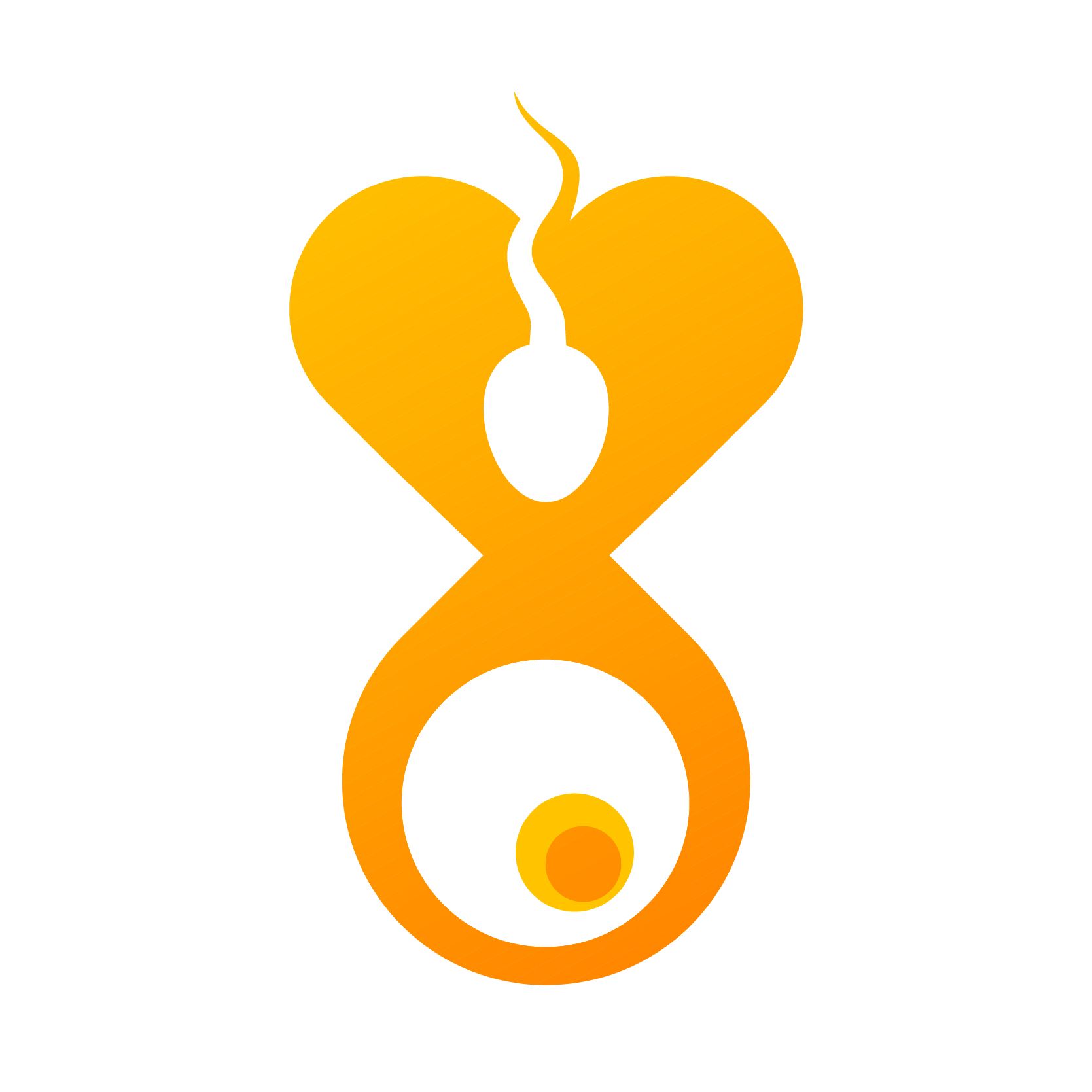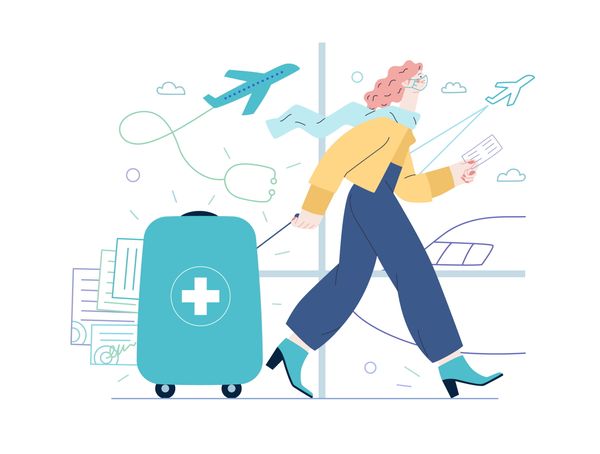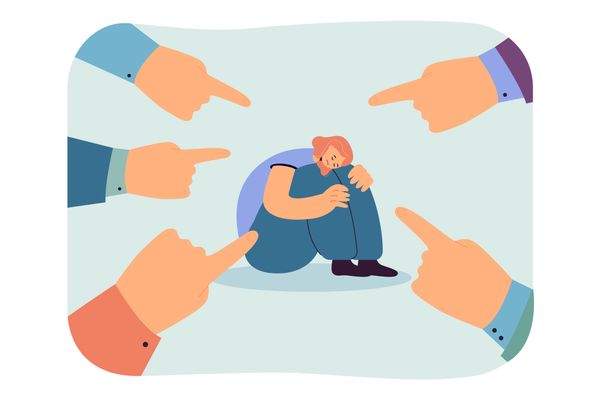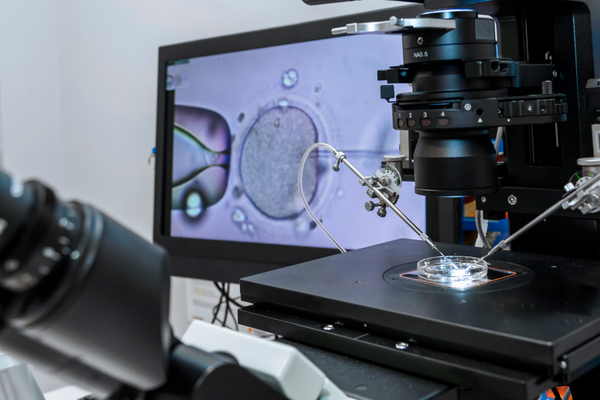Published Jul 26, 2023
Top Considerations before becoming an Egg Donor
Becoming an egg donor is a big decision! You would bring joy and satisfaction to couples struggling with infertility, but there are some things you must consider before diving in. There are many things to consider, like egg donations' medical, psychological, physical, and legal aspects. By considering these factors,
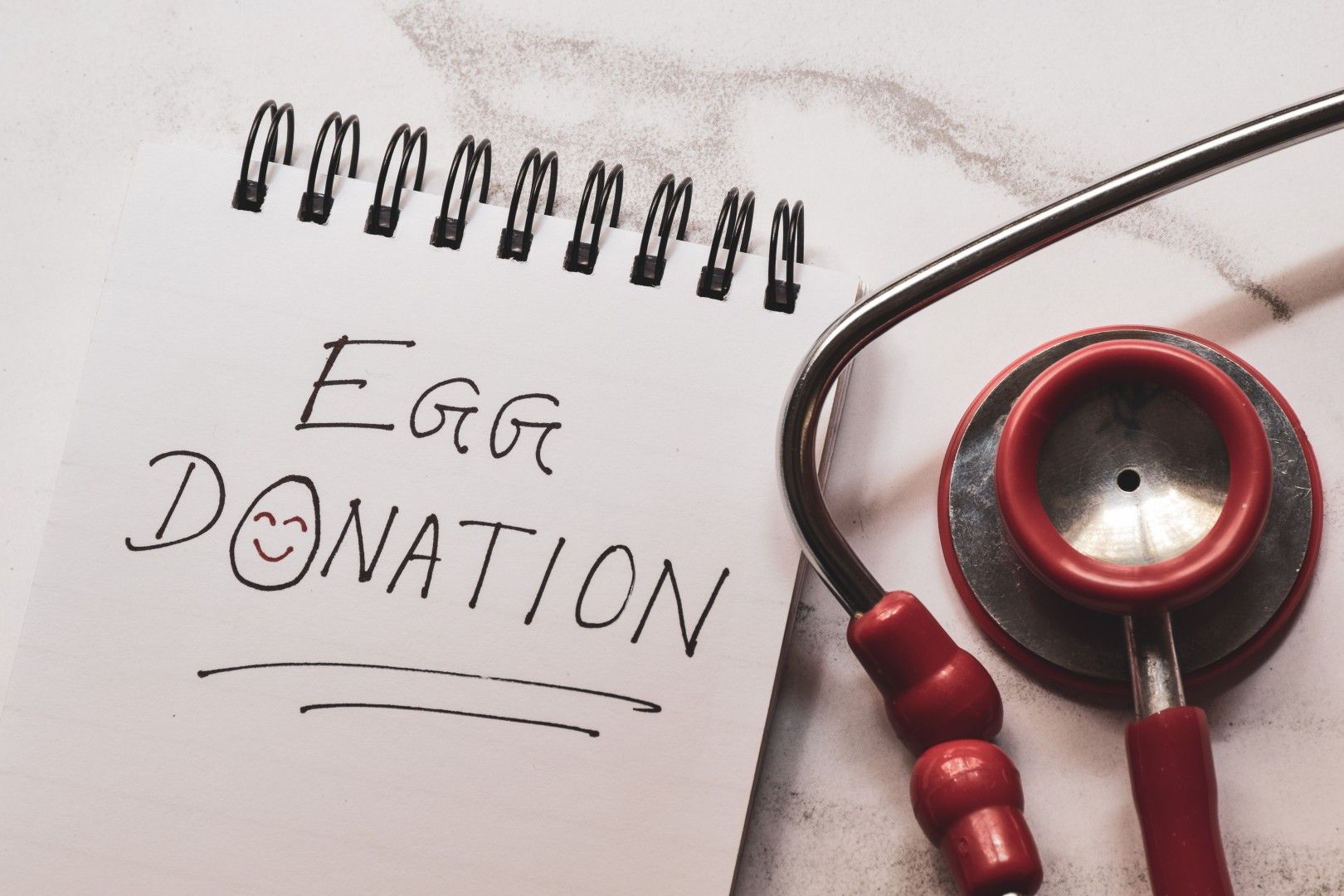
Becoming an egg donor is a big decision! You would bring joy and satisfaction to couples struggling with infertility, but there are some things you must consider before diving in. There are many things to consider, like egg donations' medical, psychological, physical, and legal aspects.
By considering these factors, you can be better prepared for the process and responsibilities of being an egg donor involves. You can also make more informed choices as you go down the path.
The Mental and Medical Evaluations
Before becoming an egg donor, you must primarily consider the medical and psychological evaluations involved in the process. The doctors conduct these evaluations to ensure you are physically and mentally fit to be a donor.
They will conduct comprehensive tests like genetic screenings, ultrasounds, and blood work to assess your reproductive health. At the same time, the mental evaluations will gauge your understanding of the process and your emotional stability.
Sometimes hereditary or genetic conditions can be passed down to the baby from your egg, so before you are accepted as an egg donor, these tests will be carried out to ensure that the child conceived will be very healthy.
Type 1 diabetes, for example, is a common genetic disease that can be passed down from parent to child for generations. Certain genetic conditions may prevent you from becoming a successful egg donor.
Lifestyle Changes
If you're considering becoming an egg donor, you have to make some significant lifestyle changes if you haven't already. Regular exercising and a good diet will help you to keep your eggs healthy and prepare you for donation.
Before being considered for egg donation, you must stop smoking for at least three months. E-cigarettes and anything that contains nicotine should also be stopped. You need to maintain peak health and a certain standard of living to be considered a healthy egg donor.
The Egg Donation Criteria
We mentioned hereditary or genetic conditions earlier, but that is just one of the criteria for becoming an egg donor. Some other criteria to consider will be your age, BMI, and lifestyle. The required age for becoming an egg donor is 18 to 35, and you must have maintained a Body Mass Index (BMI) of 19 to 35 for at least six months.
You also need to be a non-smoker to become an egg donor because there is proof that nicotine has a negative effect on the quality of your eggs and can be a significant cause of infertility. Another major criterion for selecting egg donors is that breastfeeding mothers or new moms cannot donate their eggs.
If you have had a baby within six months or are currently breastfeeding, they may not accept you as an egg donor. There will be a lot of hormonal changes and medications involved if you're eventually selected as an egg donor, so all of these will be considered with respect to your current state of health before a final selection is made.
Side Effects and Risks
There are risks involved in egg donation, and you must understand them before you make the final decision to become an egg donor. Specific medical procedures have to be carried out to retrieve your egg, and those procedures have risks attached.
The risks involved are possible infections after retrieval, bleeding, adverse reaction to anesthesia, and damage to the organs around the egg. You have to discuss with a medical professional and evaluate your health condition before becoming an egg donor.
You also have to consider that the hormonal medications prescribed to you before the egg retrieval will have side effects like mood swings, bloating, tenderness of the breast, and weight gain. Although the side effects and medical implications may be temporary, you have to be mentally prepared for the potential changes that will come during your donation period.
Long Term Effects
You should consider the long-term consequences of egg donation if you want to become an egg donor. Even though the egg donation process is anonymous, when the child conceived turns 18, they are eligible to receive your personal information. They may or may not decide to contact you, so consider if this is something you will not have a problem with in the future.
The potential impact this can have on your family and your life, in general, should not be taken lightly or ignored. So, we always recommend reflecting on your preferences and personal boundaries before diving in. The legal aspect of egg donation is not often talked about, but it is also important. This is because the regulations and laws surrounding your egg donation vary across different states, so it is crucial to understand your state laws.
You should clearly understand your rights, financial compensation, and responsibilities before deciding to become an egg donor. A fertility clinic that handles egg donations can provide you with all the essential information you need before starting the journey.
Becoming an egg donor is a big decision, so it's vital that you work with an established and seasoned facility to understand what it takes before you make a final decision. Ultimately, the decision affects you, and the people close to you, even though you would bring joy to a struggling couple.
